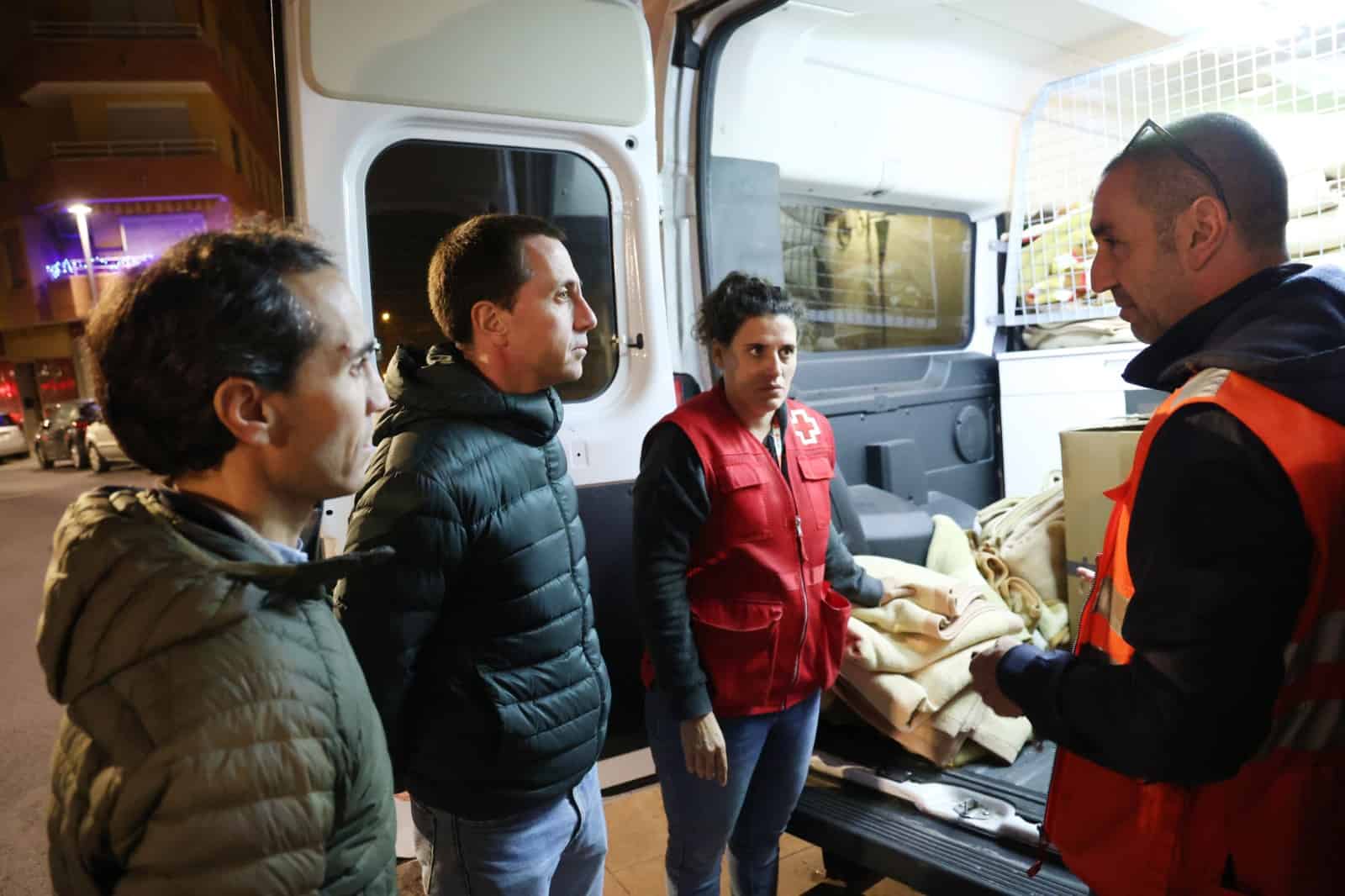The IMAS already has open lines of action such as the acquisition of a new piece of furniture.
TDB keeps you informed. Follow us on Facebook, Twitter and Instagram
Network of Social Inclusion of Mallorca
The Institut Mallorquí d’Afers Socials (IMAS) is working to expand the Mallorca Social Inclusion Network by around 100 places, with the aim of being able to offer its resources to all those homeless people who request them.
To incorporate these places, IMAS currently has several lines of action open. On the one hand, it is working simultaneously on two tenders that will enable the incorporation of around 70 places. The first tender is for the acquisition of a building with a capacity for 50 places for residential use and the second is for the arrangement of 20 places that will become permanent.
This year there are also plans to increase the number of places available under the Housing model, a personalised social insertion programme. All this in order to move towards a much more individualised model of care focused on the specific needs of each person, with deinstitutionalisation as an objective.
The councillor for Social Welfare, Guillermo Sánchez, added that, at the same time as these initiatives are being carried out, “we are also working on the acquisition of Ca l’Ardiaca, which will add more places to the public network and, at the same time, will allow us to refurbish the facilities”.
It should be remembered that last January, during the activation of the emergency protocol for low temperatures, places were added to reinforce the Network.
This effort by the island institution to increase the resources of the Social Inclusion Network to attend to the homeless responds to the demand that IMAS technicians have detected in recent years, both those of the Mobile Social Emergency Unit (UMES) – an IMAS programme managed by the Red Cross – and the technicians of the different shelters that make up the Network.
Sánchez reminds us that IMAS does not only have a residential service. “Anyone who has food or personal hygiene needs can go to the social inclusion service to receive this care”. In the same way, he remarked that “when it is detected that a person living on the street has a vital need, a place is immediately made available in the network”. To reach all the demand, it is important to plan and provide the institution with resources.
New count and new methodology: 440 homeless people in Palma
To join forces and adopt all the necessary resources, last November IMAS collaborated with some 200 volunteers in the count of homeless people promoted by the Ministry of Social Rights, Consumption and Agenda 2030, bearing in mind that no official count had been carried out since 2019.
This fieldwork, led by the Ministry and with the collaboration of the Consell de Mallorca, has made it possible for the first time to draw up a complete count of all the homeless people living in Palma, whether on the streets or in substandard housing or settlements. This is a register that has never been carried out before.
